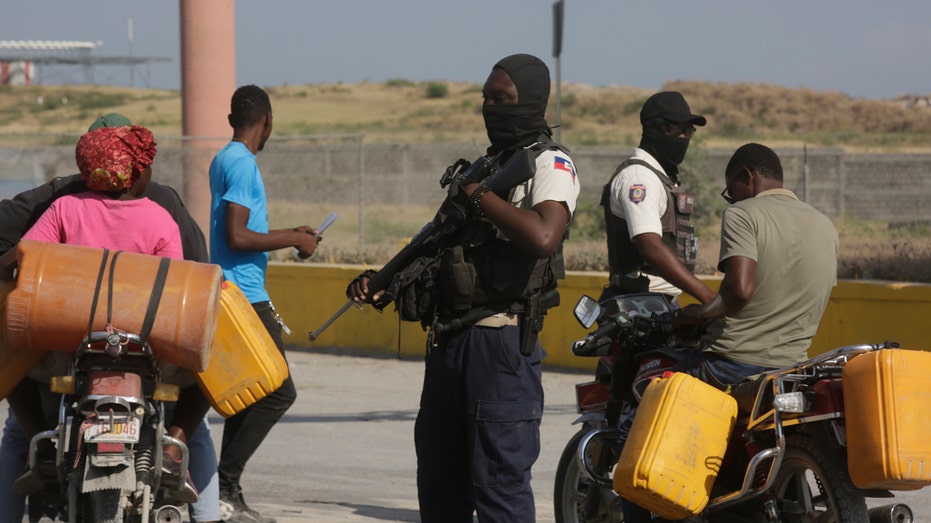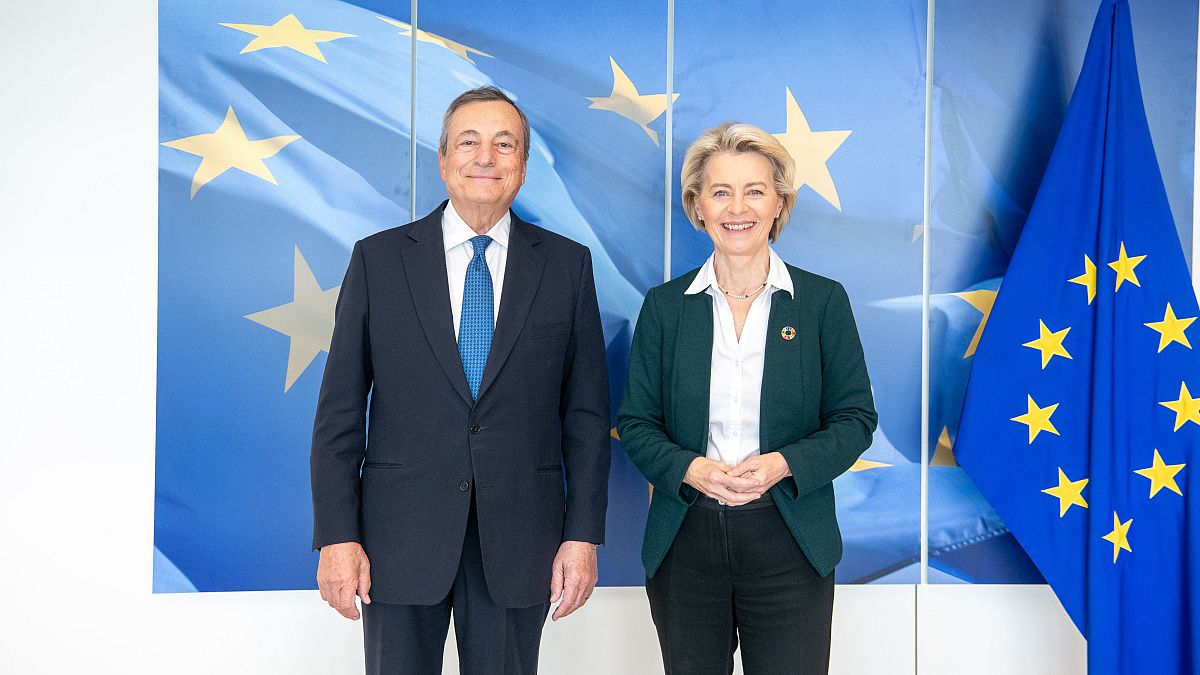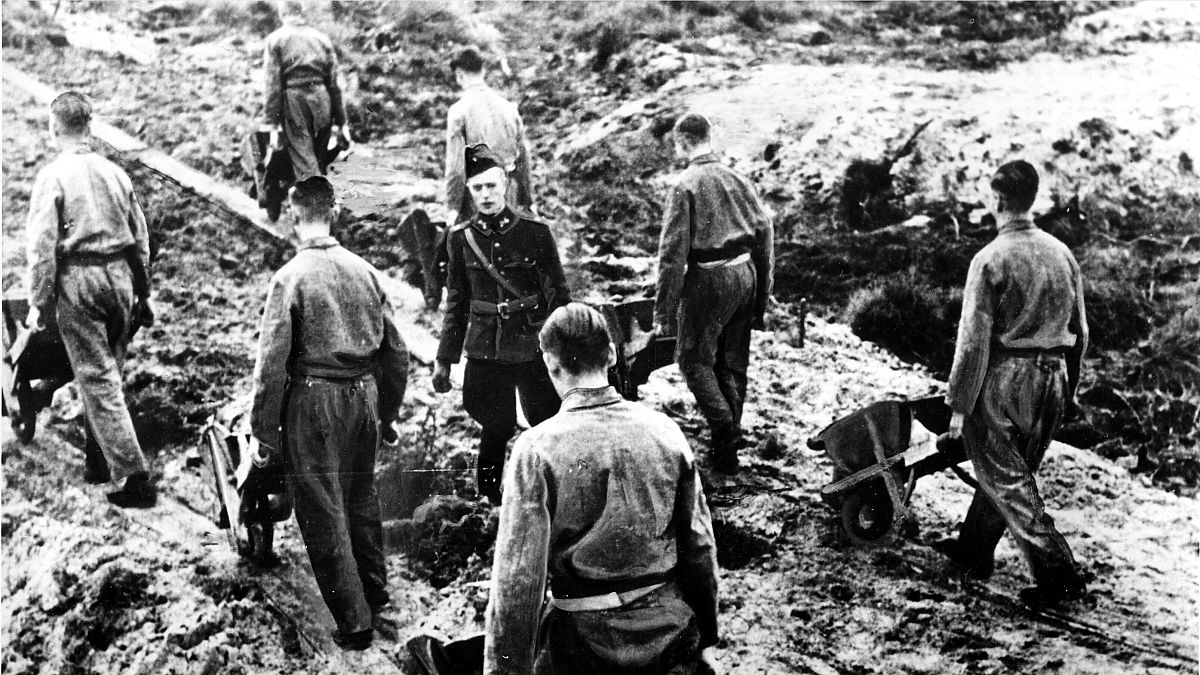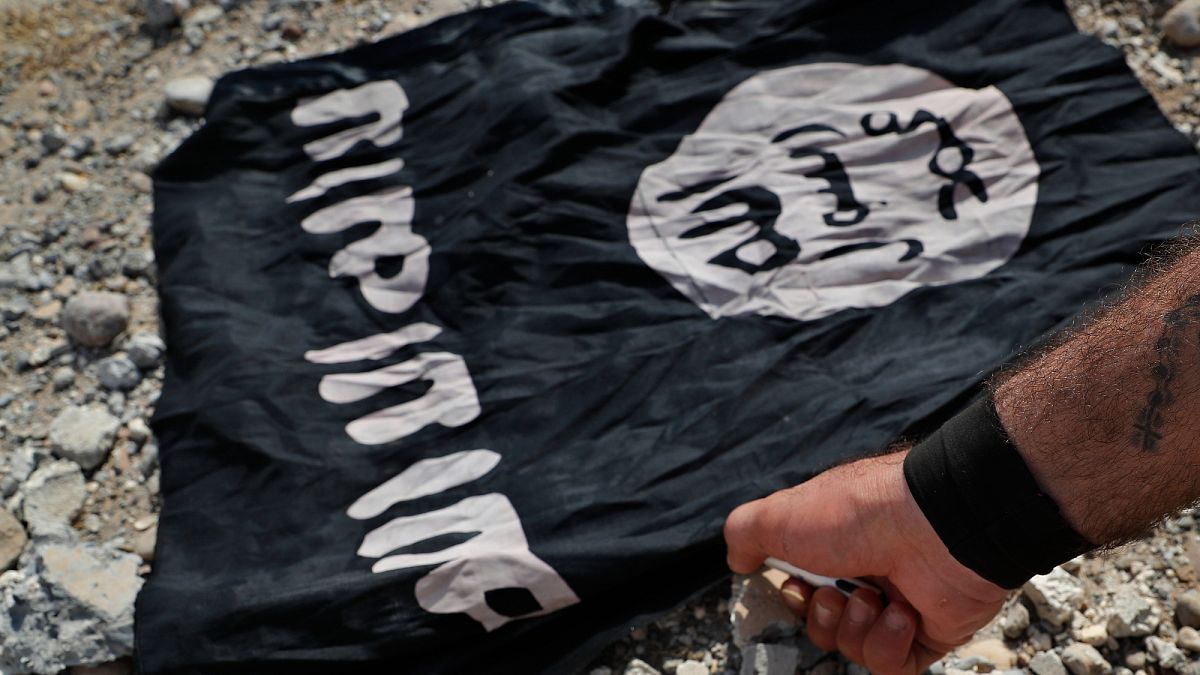Haitian police notch rare win against gangs after reclaiming hijacked ship
Haiti's National Police agency has reported the reclamation of a hijacked cargo ship carrying large amounts of rice following a five-hour gunfight with gang members.

Haiti’s National Police agency says that it has recovered a hijacked cargo ship laden with rice following a gunbattle with gangs that lasted more than five hours.
Two police officers were injured and an undetermined number of gang members were killed in the shootout that occurred Saturday off the coast of the capital, Port-au-Prince, authorities said in a statement.
It was a rare victory for an underfunded police department that has struggled to quell gang violence following a spate of attacks that began Feb. 29.
US ORGANIZATION OPERATES ONE OF THE LAST MEDICAL CLINICS IN HAITIAN CAPITAL AMID SPIRALING VIOLENCE
Police said in the statement Sunday that those responsible for the hijacking were members of two gangs, named the 5 Seconds and the Taliban gang. They said gunmen seized the transport ship Magalie on Thursday as it departed the port of Varreux.
Radio Télé Métronome reported that the gangs kidnapped everyone aboard the ship and stole some 10,000 sacks of rice out of the 60,000 sacks it was carrying.
The ship was headed to the northern coastal city of Cap-Haïtien.
Also on Sunday, online news site Radio graphie reported that the Taliban gang used a front loader to demolish a police station in the Port-au-Prince suburb of Canaan where at least four police officers were killed in a recent attack. The station was no longer operational.
The most recent gunbattle between police and gangs comes more than a month after gunmen began targeting key government infrastructure. They have burned down multiple police stations, opened fire on the main international airport that remains closed and stormed Haiti’s two biggest prisons, releasing more than 4,000 inmates.
The ongoing violence forced Prime Minister Ariel Henry to announce he would resign once a transitional presidential council is formed.
Henry was in Kenya to push for the U.N.-backed deployment of a police force from the East African country when the attacks began and remains locked out of Haiti.
What's Your Reaction?
















